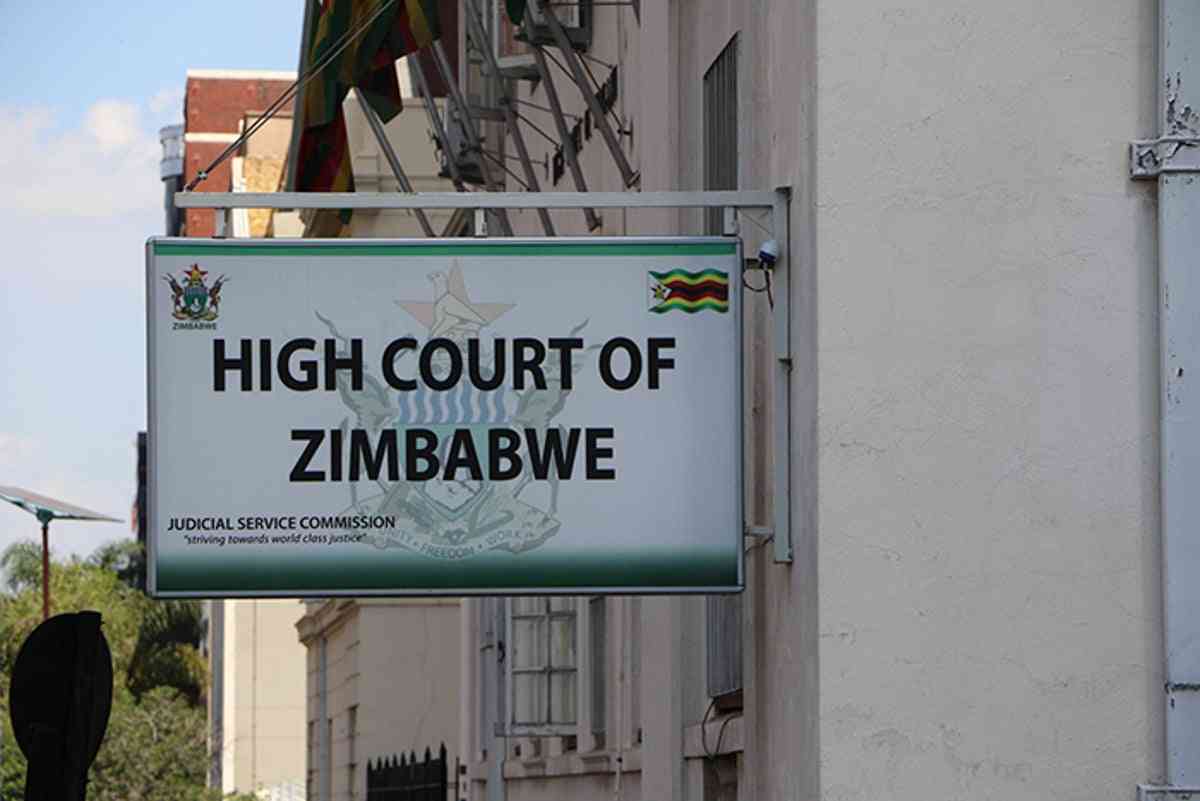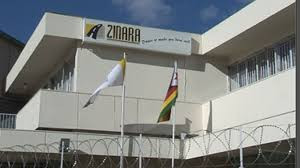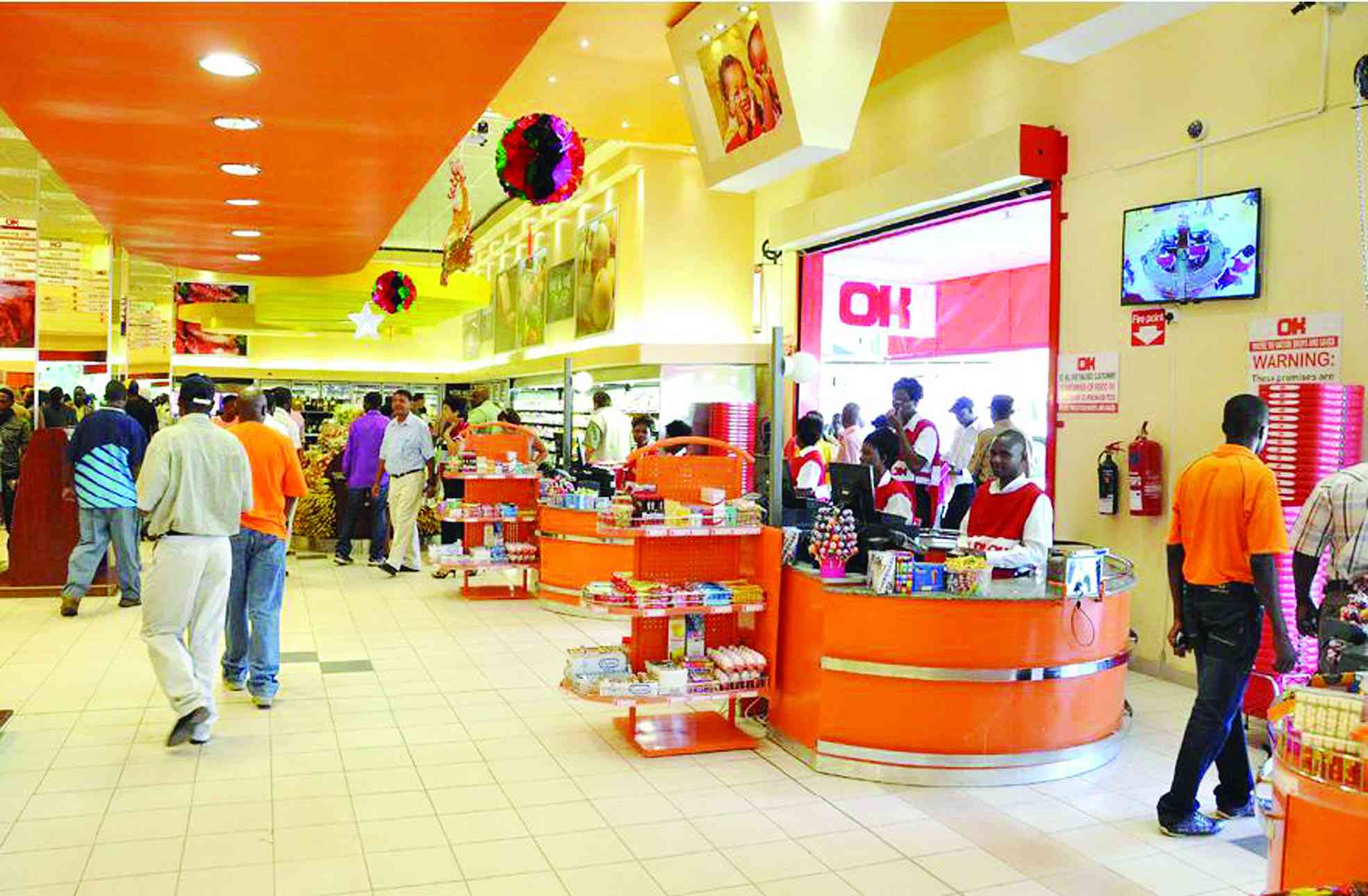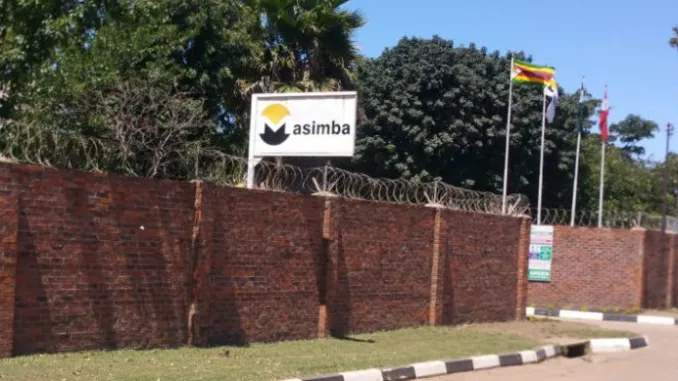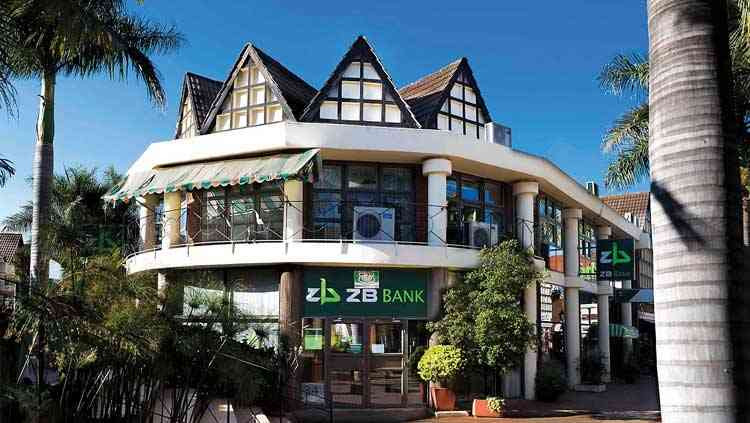
THE year 2017 looks gloomier as the problems bedevilling the current year remain unresolved, analysts have said.
BY MTHANDAZO NYONI
Zimbabwe’s economy plunged into crisis in 2016, performing at its worst since the introduction of the multi-currency regime in 2009.
The economy was affected by rampant corruption, policy instability and confusion, liquidity crisis and lack of access to cheap finance, among others.
Due to the economic decline, Finance minister Patrick Chinamasa was forced to revise the 2016 economic growth rate to 1,2% from the 2,7% forecast earlier this year.
But economic analysts told NewsDay that 2017 would be gloomier than 2016, as problems that dogged the economy in 2016 remain unresolved.
“The fact that we are crossing over to 2017 with challenges such as corruption and liquidity crisis unsolved, it means we are going to experience another gloomy year. I am actually seeing 2017 getting worse than 2016 unless and until there is a paradigm shift on the part of government. I am not seeing any improvement as far as the economy is concerned as we are getting into 2017,” economic analyst Bongani Ngwenya said.
He said for the country to achieve economic growth, there must be industrial revival to boost export capacity. Another economic analyst, John Robertson, said if the needed changes were not made, economic recovery and growth would not be achieved and Zimbabwe would continue getting poorer.
- Chamisa under fire over US$120K donation
- Mavhunga puts DeMbare into Chibuku quarterfinals
- Pension funds bet on Cabora Bassa oilfields
- Councils defy govt fire tender directive
Keep Reading
“For growth to be achieved in 2017, active investment plans and capital inflows were needed in 2014, 2015 and 2016. In those years, more money flowed out than in and most of the plans being considered were abandoned, among them being Ziscosteel, Hilton Hotels and various power station ideas,” he said.
Robertson said in 2017, unless dramatic improvements were made on the policy mix, the growth prospects would also depend on improvements in the international prices of gold and platinum.
These, however, would have to be very good to make up for further falls in employment and tax revenues, and further increases in our domestic and international debts, he said.
Robertson said growth required investment and investment only improves when conditions permit the full restoration of investor confidence.
“That, in turn, requires that government shows full respect for the abilities, talent, courage and determination of investors. Currently, government treats investors with contempt, demanding their compliance and obedience,” he said.
“Therefore, whatever any investor can do, he or she first needs to be awarded permission by government, and each must accept that such an important award will cost him or her a great deal of money as well as control. This attitude is universally resented. It is effectively isolating Zimbabwe from any prospects of development and growth.”
Another economic analyst, Reginald Shoko, said government has to make parastatals work as they are the backbone of the revival.

